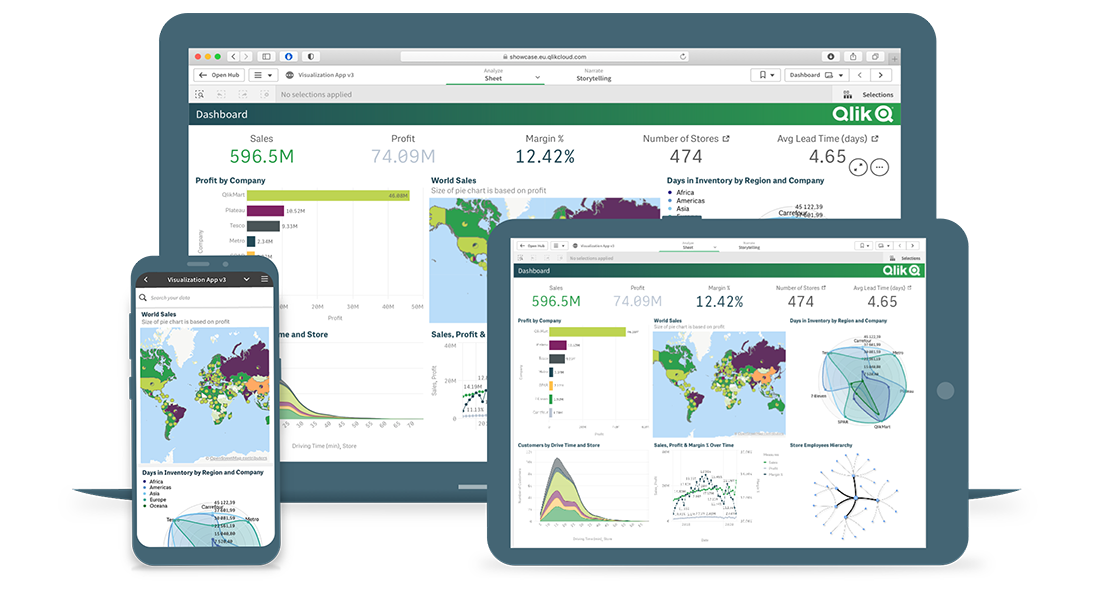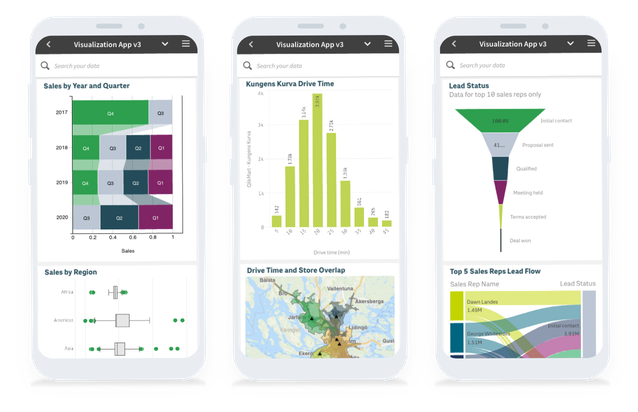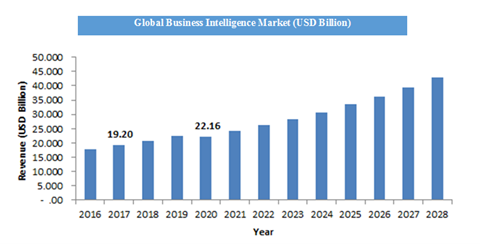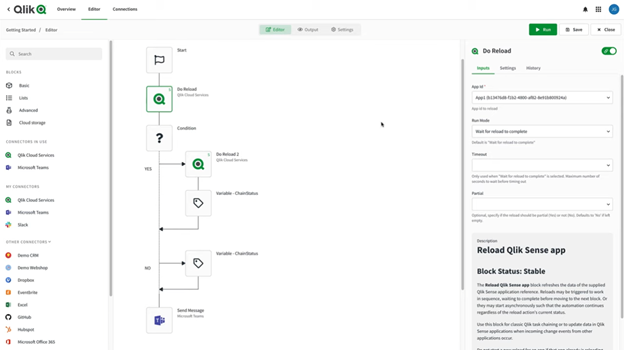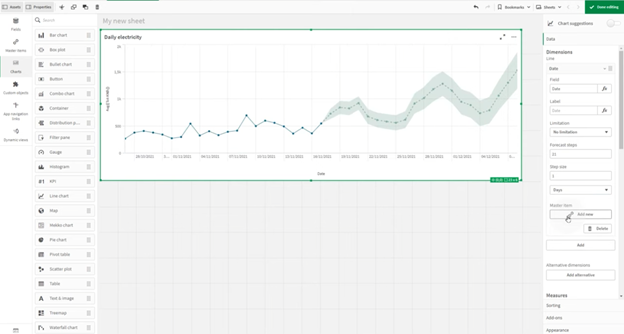Oleg, Smart Analytics company is working with several BI platforms and developing custom BI systems. Tell us, please, when do you recommend using Qlik?
Yes, we work with the products offered by several BI platform vendors. Each one of them offers a rich, but mostly similar functionality. However, there are essential differences among them which help identify a certain platform promising the maximum benefit in a specific case.
These are the situations when we definitely recommend using Qlik Sense:
1) If project involves migration from QlikView
Qlik Sense is a modernized, technologically advanced next-generation product of QlikView. Our services include several options available to satisfy specific customer needs while migrating from a previous product. For example, we can create a migration strategy, evaluate implementation effectiveness, design Qlik Sense architecture, train users and developers to deploy the tool and advise properly on application transformation or refactoring for their use in Qlik Sense, including with the deployment of a special converter.
2) If business users need to ask questions to data without assistance
Qlik Sense helps combine, visually transform and load data from several sources. Qlik Cognitive Engine (a content addressable engine) can identify the most relevant data relationships using AI, concatenate tables and form tables with links. Intelligent profiling automatically processes various data types to provide descriptive statistics. The content addressable engine also partially automates visualization based on smart recommendations. Business users can easily benefit from these advantages in their daily routine, as Qlik Sense is adapted to analyzing data in a self-service mode, and allows creating custom visualization patterns in “drag and drop” mode.
3) If there is a necessity for enhanced monitoring and security tools
Qlik Sense stands out for its system performance monitoring tools and trend indicators analysis tools.
In addition, Qlik Sense has integrated tools for ensuring data security, access management, prevention of different interventions, including XSS attacks. Availability of activation of multi-factor authentication (MFA) and API keys provide additional protection.
4) If a user intends to use Advanced Analytics
Qlik Sense has an advantage over other BI systems due to its support of PMML facilitated by its integration in KNIME Analytics Platform. The tool supports two-dimensional linear analysis and prediction based on R plug-in. Beyond that, third-party extensions, for example, produced by Vizlib, facilitate prediction based on historical and real-time data.
5) If there is a necessity for powerful mobile analytics
Qlik Sense mobile app has extensive functionality. With your mobile device, you can get access to visualization, creation, analysis and management of the system. Using Notes module (which is shared space for collaboration with your team) you can add context to your analytics and actively discuss its data.
Even when off-line, iOS users still keep access to Qlik Sense Analytics. They can access Qlik Sense, load apps and data and explore them interactively even without Internet connection.
